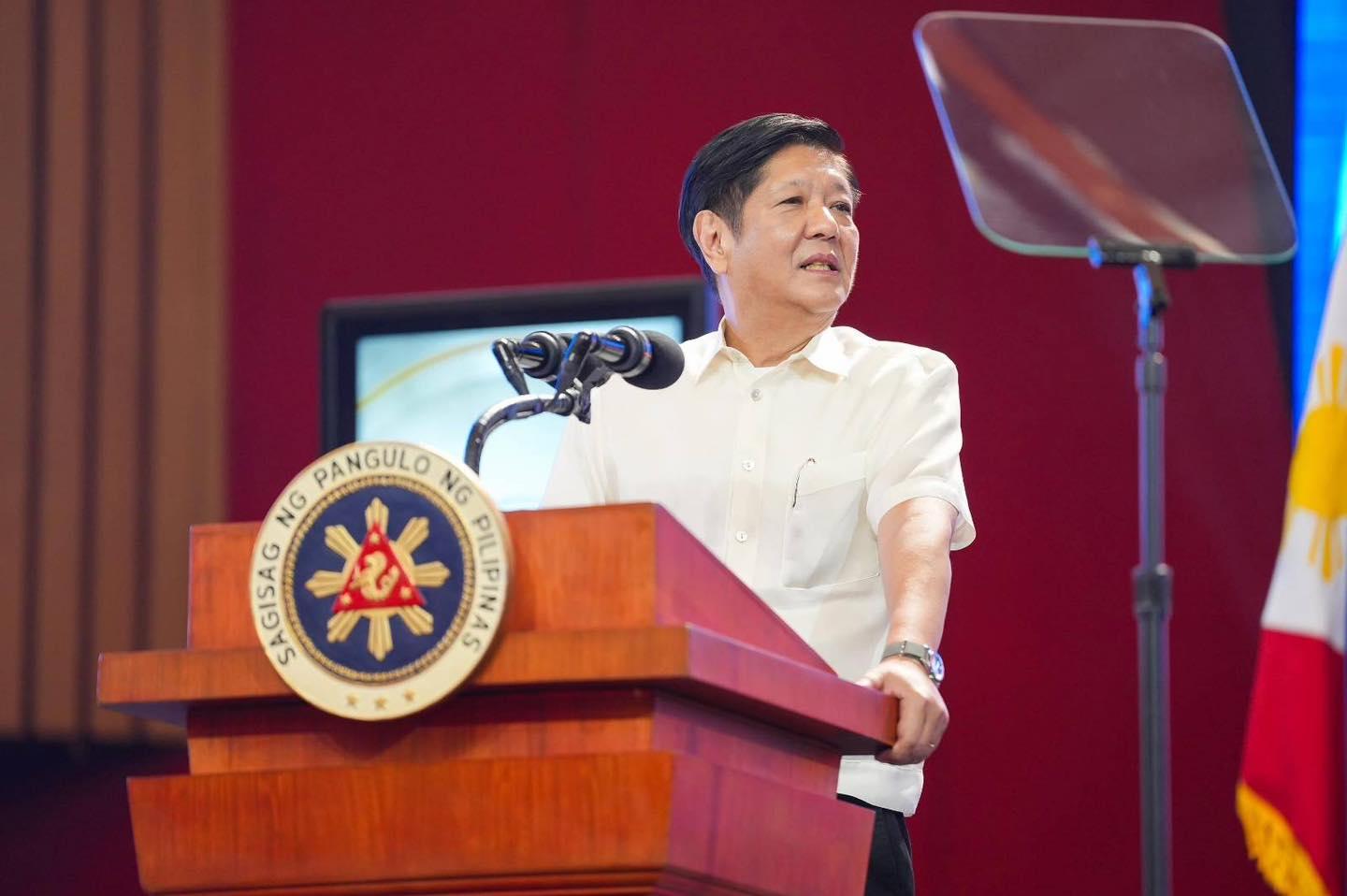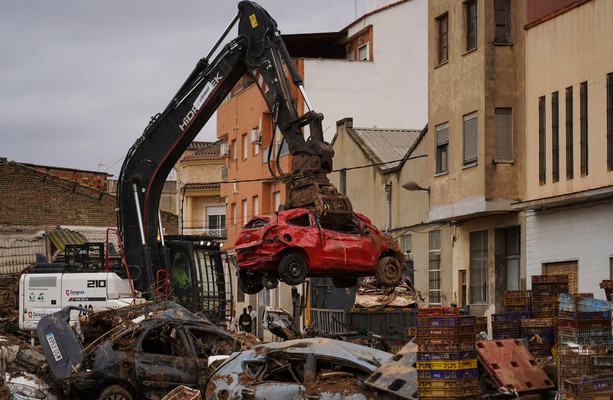Headline: Marcos Maintains Firm Stance Against ICC in Drug War Probe
Philippine President Reaffirms Resistance to ICC Investigation Amid Controversy
In a recent ambush interview, President Ferdinand "Bongbong" Marcos Jr. firmly stated that his administration will not cooperate with the International Criminal Court (ICC) regarding its investigation into the controversial drug war of former President Rodrigo Duterte. This position, echoed during a hearing by the House Quad Committee, highlights ongoing tensions surrounding accountability for alleged human rights violations tied to the Duterte administration‘s anti-narcotics campaign.
Government’s Stance on ICC Investigation
On Thursday, Marcos asserted, "We are not cooperating with the ICC," aligning his government’s stance with Duterte’s previously unyielding response to The Hague’s scrutiny. He elaborated that while the government does not intend to obstruct an ICC probe, if Duterte chooses to engage with the ICC voluntarily, that decision rests solely with him: "But if he himself wants to be investigated, it’s up to him. It’s not our decision."
Historically, the Philippines withdrew from the Rome Statute—the treaty that established the ICC—in 2019 after the court announced its investigation into alleged crimes against humanity stemming from the Duterte administration’s war on drugs. Duterte’s controversial campaign, blamed for the deaths of thousands, continues to provoke both domestic and international outcry.
Duterte’s Challenge to the ICC
During the recent QuadComm hearing, Duterte issued a defiant challenge, stating that he welcomes immediate investigations into the drug war he vigorously championed. The former president, who remains a potent figure in Philippine politics, claims his actions were necessary to combat a national drug crisis.
In the aftermath of these comments, Marcos clarified that the Philippine National Police (PNP) and the Department of Justice (DOJ) are conducting their investigations into the drug war-related fatalities. He expressed optimism about awaiting findings that could potentially inform future legal actions or implications. "All of the testimony that was given yesterday will be taken in," Marcos emphasized, signaling a commitment to address the issue.
Ongoing Investigations and Justice for Victims
As the current administration grapples with the legacy of Duterte’s policies, Marcos reiterated its duty to pursue justice for victims of extrajudicial killings. He underscored his administration’s vigilance: "We are always monitoring all of these things, because the question of extrajudicial killings has not yet been answered. Who is responsible?"
The President’s acknowledgment of the complexities surrounding extrajudicial killings comes within a broader context of accountability and justice in the Philippines. Acknowledging the challenges faced by bereaved families, he pointedly remarked that many victims’ mothers have yet to see justice, implicating a critical weakness in the handling of such cases.
International Obligations
Marcos noted the Philippines’ obligations to organizations like Interpol, indicating a willingness to comply with international protocols while navigating the politically charged landscape of drug-related casualties. "We have to live up to those obligations," he said, outlining a nuanced approach to international relations while confronting internal politics.
Implications for the Future
As discussions evolve around the ICC’s involvement and the Duterte administration’s legacy, the implications for the Philippines could reverberate through both regional and global discourse on human rights. Continued international scrutiny may press the government into reassessing its commitments to domestic justice processes and international legal obligations.
The juxtaposition of Marcos’s policies with those of his predecessor presents both challenges and opportunities for governance in the Philippines. Looking forward, the public and international community will be keenly observing how the administration balances national interests with accountability for past actions.
This ongoing saga raises questions not only about justice but also about political agency, national sovereignty, and the effectiveness of international legal frameworks in addressing human rights violations.
As this narrative unfolds, what are your thoughts on the government’s approach toward the ICC and the drug war? We encourage readers to share their perspectives and engage in constructive discussions on this pressing national issue.
For more updates on this topic, check out our related articles on the Philippines’ legal landscape and international relations at Shorty-News. Additionally, authoritative sources such as TechCrunch, The Verge, and Wired provide in-depth analyses of related geopolitical developments.


